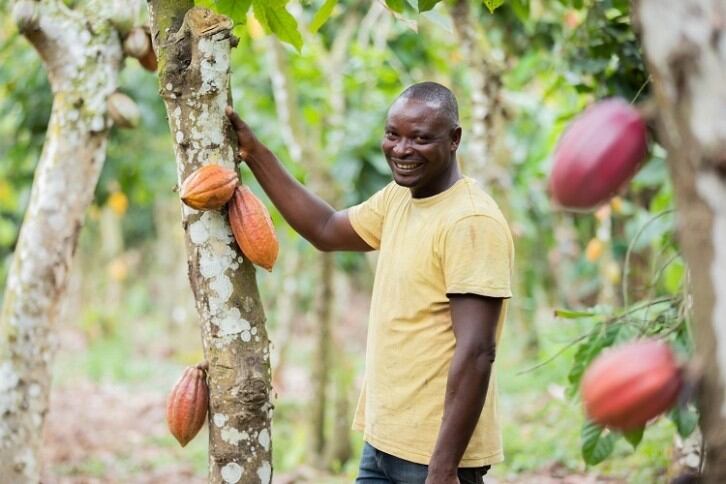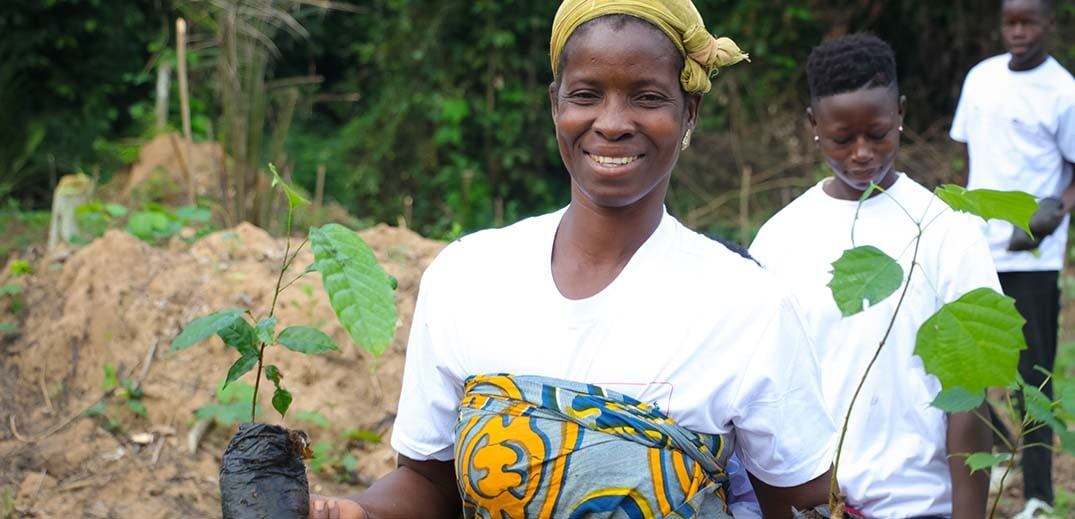According to a report published by KIT Institute, high-quality pruning of income accelerator cocoa farms contributed to a 32% increase in cocoa yields. The total net income of income accelerator households rose by 38%, resulting in a higher proportion of these households achieving a living income.
The KIT Institute said its report is based on a study conducted over the first 18 months of the income accelerator programme, in which a sample of 2,000 households spanning 28 cooperatives in Côte d'Ivoire were examined.
"The test-at-scale of Nestlé's income accelerator program has confirmed the initial results we saw in the pilot phase," said Darrell High, Global Cocoa Manager at Nestlé.
"The programme is transforming the way cocoa is farmed by professionalising labour and ensuring trees are pruned. It is great to see that these professionally pruned farms deliver higher yields, which translates to higher income for cocoa-farming families. By putting the family at the centre of the programme, we empower women who are supporting their children's education and are pursuing opportunities to diversify their household's income.”
Good agricultural practices
The study additionally found that Nestlé's programme has effectively mitigated diseases and pests on farms, thanks to the implementation of good agricultural practices. The programme has facilitated income diversification, promoted financial access and positively influenced women empowerment and child schooling rates.
Nestlé said school enrollment is a key focus area of the income accelerator programme, and the proportion of children attending school increased by of 10% points (vs. 5% points in the comparison group).
Furthermore, the confectionery giant claimed there “has been a remarkable surge in the proportion of households investing in small businesses, such as agro-processing, boutiques, barbershops or soap-making.”
According to the new data, the increase is more than doubled, rising from 21% in 2022 to 55% in 2023.
Nestlé clarified that at the time of the study, these activities were still in an exploratory phase and had not yet generated significant income changes.
“We are continuing to gather feedback from the farming families, to learn and adapt the program accordingly. We are excited to have started to scale the programme to 30,000 farming households and will continue to report on our progress,” said High.



